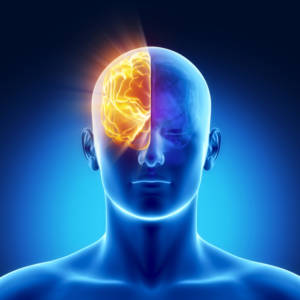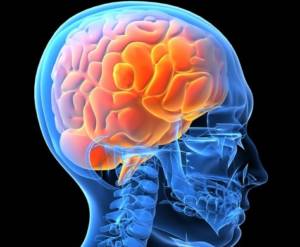Neuropsychological Evaluation
Neuropsychological evaluation is intended to provide an objective and quantitative assessment of the brain and psychological functioning of an individual diagnosed with a neurological or neurodevelopmental condition. The evaluation consists of the administration of a series of objective tests which are designed to provide specific information about a person’s current cognitive and emotional functioning.
The tests are administered by a neuropsychologist who specializes in understanding the relationship of the brain to specific abilities and the objective evaluation of these abilities.
While the tests which are administered may vary according to the particular needs of each person, they will usually include tests that assess sensory and motor abilities, attention and concentration, memory, language, visual-spatial ability, and “higher cognitive functioning”, such as reasoning, problem solving skills, intellectual functioning, and social and psychological functioning. The individual will be asked to complete various questionnaires regarding medical history, social history, current symptoms, and psychological functioning.
The tests are presented orally, visually, in writing, or in other formats where the person is asked to perform tasks that involve answering questions, drawing, or building objects. There is no “medical” testing involved. The amount of time needed for the testing will vary as well, according to the needs of the situation and the individual’s general ability to undergo these tests. In most cases you should expect for the individual to spend between 3 to 8 hours for the testing, and sometimes more. The testing will be completed in one to three sessions, again depending on the individual situation.
The results of the tests are useful because they can be compared to norms, that is, numerical information gives us a good idea about how the individual performs in comparison to the average performance of similar individuals. Also important to assess is the individual’s cognitive strengths and weaknesses, taking under consideration factors such as history, age, neurological condition, etc.
The results will be shared with the family and the referring physician (if any), or whomever else is specified by the patient/family. The results of the evaluation will also lead to recommendations for treatment.


